Sunday’s Senate vote to start the process of ending the government shutdown follows the predictable script of every manufactured fiscal crisis: weeks of political theater concluding with a face saving that could have been reached on day one.
After six weeks of claiming Affordable Care Act subsidies were essential enough to shut down government, Democrats started to accept exactly what they rejected in October: a clean funding extension with promises of future healthcare debates.
Meanwhile, real Americans paid the price for Washington’s dysfunction. Flight cancellations disrupted travel, federal workers missed paychecks, food assistance programs faced delays. All for a political standoff that accomplished nothing substantive.
Essential functions like air traffic control and food safety should operate predictably regardless of political disagreements. Shutdowns create exactly the kind of government chaos and economic uncertainty that effective governance should minimize.
The moderate Democrats who finally chose governance over politics deserve credit for recognizing this reality.
As Congresswoman Celeste Maloy noted in her recent analysis, shutdowns “are no way to govern the greatest country in the world.” This episode validates her warning that these tactics historically “rarely end well for those responsible for them.”
The shutdown is (hopefully) ending not because anyone achieved their stated objectives, but because continued dysfunction became politically unsustainable. That predictable outcome should remind future negotiators that Americans elect representatives to govern effectively, not to manufacture crises for leverage.
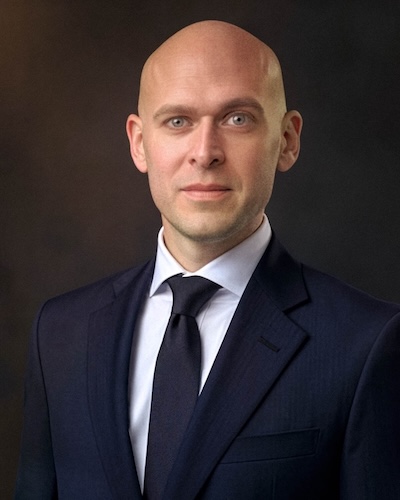
Lance Haynie is a public affairs professional with over two decades of experience in government relations, risk management, policy development, and strategic leadership. He has worked with local, state, and federal partners to advance practical, results-driven solutions that strengthen communities and improve how government serves the people it represents.
A Republican who believes government should remain limited, focused, and accountable, Lance draws on experience in both the public and private sectors to advocate for policies that promote freedom, responsibility, and individual opportunity. His writing explores the intersection of policy, leadership, and community success with a focus on responsible governance, local control, and solutions that empower people rather than institutions.

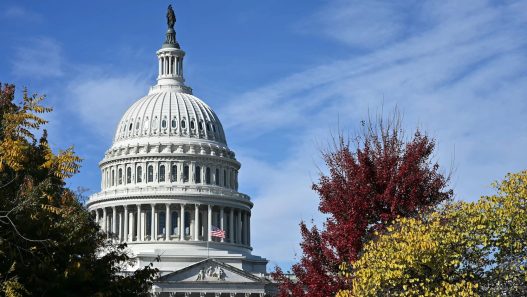

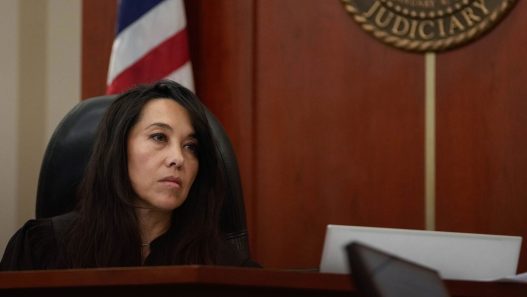



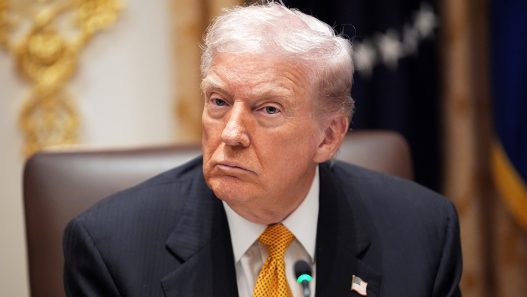
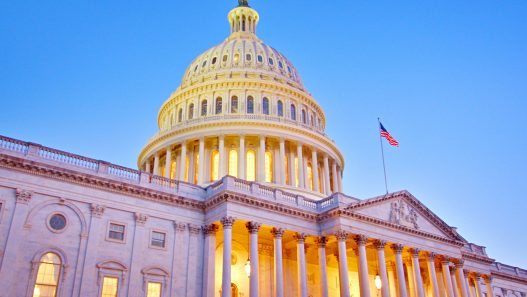
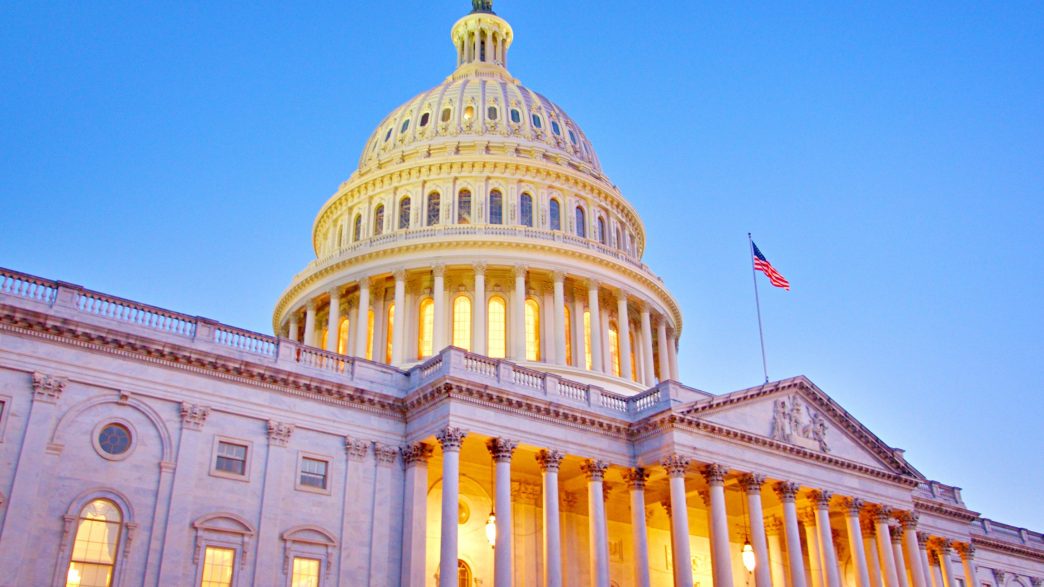








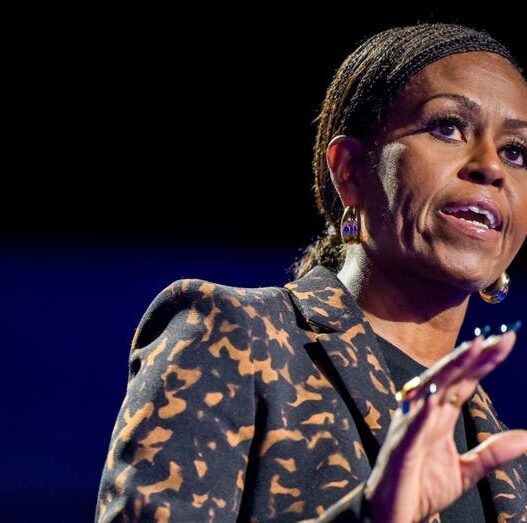
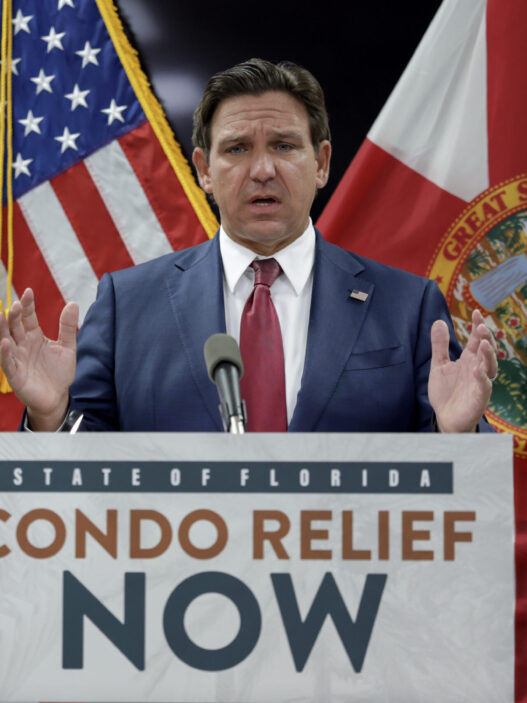


Articles written by Lance Haynie are licensed under a Creative Commons Attribution-NonCommercial-ShareAlike 4.0 International License.
The views and opinions expressed are those of Lance Haynie, and do not represent the official position of his employer or any affiliated organization.